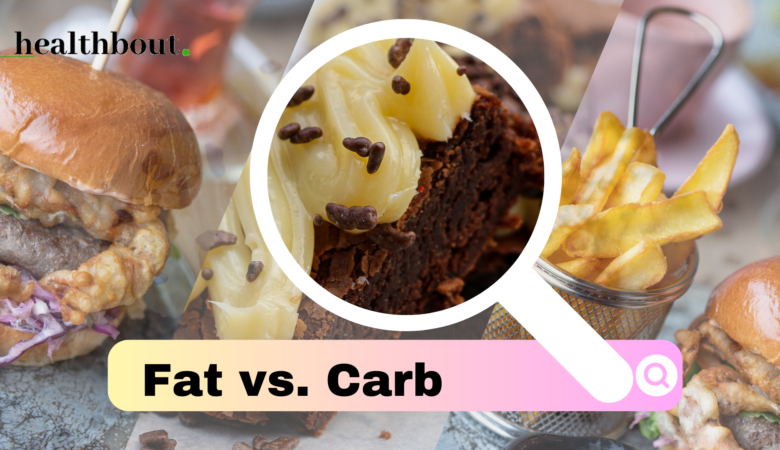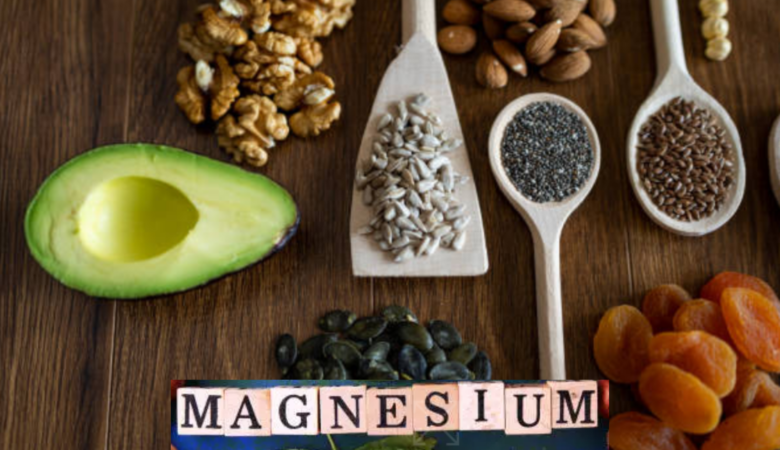Welcome, health enthusiasts, to another insightful journey into the intricate world of body hormones and their pivotal role in ensuring your optimum health. In the symphony of our biological orchestra, hormones play the role of conductors, orchestrating a harmonious balance that is essential for our overall well-being. Hormones play a crucial role in regulating various bodily functions and maintaining overall health. These chemical messengers are produced by different glands in the body and are responsible for controlling processes such as growth, metabolism, reproduction, and mood.
Types of hormones:
Let’s explore the different types of hormones found in the human body, their functions, and the glands where they are secreted.
1. Insulin
Insulin is a hormone produced by the pancreas and is essential for regulating blood sugar levels. It allows cells to take in glucose from the bloodstream, thereby lowering blood sugar levels. Insulin plays a vital role in preventing diabetes and maintaining overall energy balance.
2. Thyroid Hormones
The thyroid gland secretes hormones such as thyroxine (T4) and triiodothyronine (T3), which are responsible for regulating metabolism, growth, and development. These hormones influence the functioning of various organs and systems in the body, including the heart, brain, and muscles.
3. Growth Hormone
Produced by the pituitary gland, growth hormone (GH) is responsible for stimulating growth and cell reproduction. It plays a crucial role in childhood growth, bone density, muscle mass, and overall body composition. Growth hormone deficiency can lead to stunted growth and other developmental issues.
4. Estrogen and Progesterone
Estrogen and progesterone are the primary female sex hormones produced by the ovaries. These hormones regulate the menstrual cycle, promote the development of secondary sexual characteristics, and play a vital role in reproduction. They also influence mood, bone density, and cardiovascular health.
5. Testosterone
Testosterone is the primary male sex hormone produced by the testes. It is responsible for the development of male secondary sexual characteristics, such as facial hair, deep voice, and muscle mass. Testosterone also plays a role in sperm production, libido, and overall energy levels.
6. Cortisol
Cortisol is a hormone produced by the adrenal glands and is involved in the body’s stress response. It helps regulate blood pressure, metabolism, and immune function. However, chronic high levels of cortisol can have negative effects on the body, including weight gain, impaired immune function, and increased risk of chronic diseases.
7. Melatonin
Melatonin is a hormone produced by the pineal gland and is involved in regulating the sleep-wake cycle. It helps maintain the body’s internal clock and promotes healthy sleep patterns. Melatonin levels naturally increase in the evening, signaling the body to prepare for sleep.
8. Adrenaline
Also known as epinephrine, adrenaline is a hormone produced by the adrenal glands in response to stress or danger. It prepares the body for the “fight or flight” response by increasing heart rate, blood pressure, and energy levels. Adrenaline helps the body respond quickly in emergency situations.
9. Oxytocin
Oxytocin is often referred to as the “love hormone” and is produced by the hypothalamus and released by the pituitary gland. It plays a crucial role in social bonding, trust, and emotional attachment. Oxytocin is released during childbirth, breastfeeding, and intimate physical contact.
These are just a few examples of the many hormones found in the human body. Each hormone has a specific role and is secreted by different glands. Understanding the functions of these hormones can help us appreciate the intricate balance required for optimal health and well-being.
How does hormone work in our body?
The fascinating realm of health and fitness through the lens of hormones, shedding light on the happy hormones, sleep hormones, hormone imbalances, and more.
Understanding the Happy Hormones:
When it comes to health and fitness, the phrase “happy hormones” is often thrown around. These hormones, scientifically known as endorphins, serotonin, and dopamine, are the body’s natural mood elevators. Engaging in physical activities, such as exercise, triggers the release of endorphins, creating a euphoric sensation commonly referred to as the “runner’s high.” Serotonin, another happy hormone, contributes to feelings of well-being and happiness. Ensuring a balance of these hormones is crucial for maintaining a positive mental state.
The Crucial Role of Sleep Hormone:
In the pursuit of optimal health, the importance of quality sleep cannot be overstated. Enter melatonin, the sleep hormone. This hormone is responsible for regulating our sleep-wake cycle, ensuring that we get the restorative sleep our bodies crave. Adequate sleep not only rejuvenates the body but also plays a crucial role in metabolism, immune function, and overall health.
Hormone Imbalance: Recognizing the Signs:
While our body is designed to maintain a delicate hormonal balance, various factors can contribute to hormone imbalances. These imbalances can manifest in a range of symptoms, from mood swings and fatigue to weight gain and hormonal acne. Understanding the signs of hormone imbalance is the first step towards addressing these issues and restoring equilibrium to your body.
Hormone Imbalance Symptoms:
- Mood swings and irritability
- Fatigue and low energy levels
- Weight gain or difficulty losing weight
- Irregular menstrual cycles
- Hair loss or thinning
- Hormonal acne and skin issues
Dopamine Detox: Balancing the Reward System:
In the age of constant stimulation, our brains can become desensitized to the effects of dopamine, the reward neurotransmitter. This desensitization can lead to a diminished sense of pleasure and motivation. The concept of a “Dopamine Detox” involves taking a break from activities that trigger excessive dopamine release, such as social media and video games. This reset allows the brain to recalibrate, enhancing the effectiveness of dopamine in our reward system.
Serotonin Syndrome: Navigating the Risks:
While serotonin is a key player in promoting happiness, an excess of this neurotransmitter can lead to a condition known as serotonin syndrome. This potentially life-threatening condition can result from the overstimulation of serotonin receptors. Recognizing the symptoms, such as rapid heart rate, dilated pupils, and muscle rigidity, is crucial for seeking prompt medical attention.
Hormonal Acne: Unmasking the Culprit:
Hormonal acne is a common concern, especially among adolescents and women. Fluctuations in hormones, particularly androgens, can lead to increased sebum production and clogged pores, giving rise to acne. Understanding the hormonal factors at play can guide individuals in adopting effective skincare routines and seeking professional advice for targeted treatments.
Conclusion:
As we conclude this exploration into the world of body hormones, it becomes evident that achieving optimum health is a delicate dance of balance and awareness. From the euphoria of happy hormones to the rejuvenating embrace of the sleep hormone, each plays a unique role in our well-being. Recognizing the signs of hormone imbalance empowers us to make informed choices, promoting harmony within our biological orchestra. Remember, your body is a symphony, and it’s up to you to conduct it towards the pinnacle of health and fitness.





